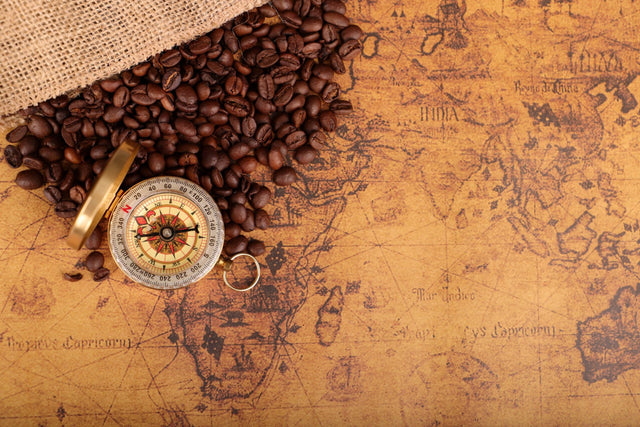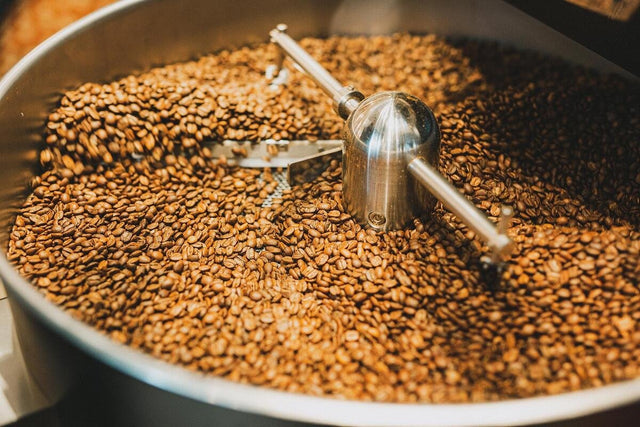Coffee, for many, is a daily routine. But behind every cup is a complex journey from bean to brew. As consumers become more conscious of their purchases' impact, understanding coffee labels has never been more crucial. Let's explain some of the most common certifications and what they mean for your cup.
Fair Trade
Fair Trade certification ensures that coffee producers receive a fair price for their beans. This not only guarantees a stable income for farmers but also promotes sustainable farming practices. When you opt for Fair Trade coffee, you're supporting a system that values the people behind the product.
Organic
Organic coffee is grown without synthetic fertilizers, pesticides, or herbicides. This method not only reduces the environmental impact but also ensures that your brew is free from chemical residues. It's a healthier choice for both the planet and your body.
Shade-Grown
Traditionally, coffee plants grew under the canopy of trees. Shade-grown certification indicates that the coffee is grown under a canopy, mimicking this natural process. This method is beneficial for biodiversity, as it provides a habitat for various species and reduces deforestation.
Bird Friendly
A subset of shade-grown coffee, "Bird Friendly" certification ensures that the coffee farms maintain a canopy that supports bird habitats. It's an excellent choice for those passionate about avian conservation.
Direct Trade
While not a formal certification, direct trade means roasters build direct relationships with coffee growers. This often results in better prices for farmers and a higher quality product, as roasters can have a say in the production process.
Conclusion
In conclusion, the labels on your coffee bag are more than just marketing; they tell a story about the beans inside. By understanding these labels, you can make informed choices that align with your values, whether they center on environmental sustainability, social responsibility, or both. So, the next time you're in the coffee aisle, take a moment to read the label. Your conscious choice can make a world of difference.
More stories

Exploring the First Century of Coffee

